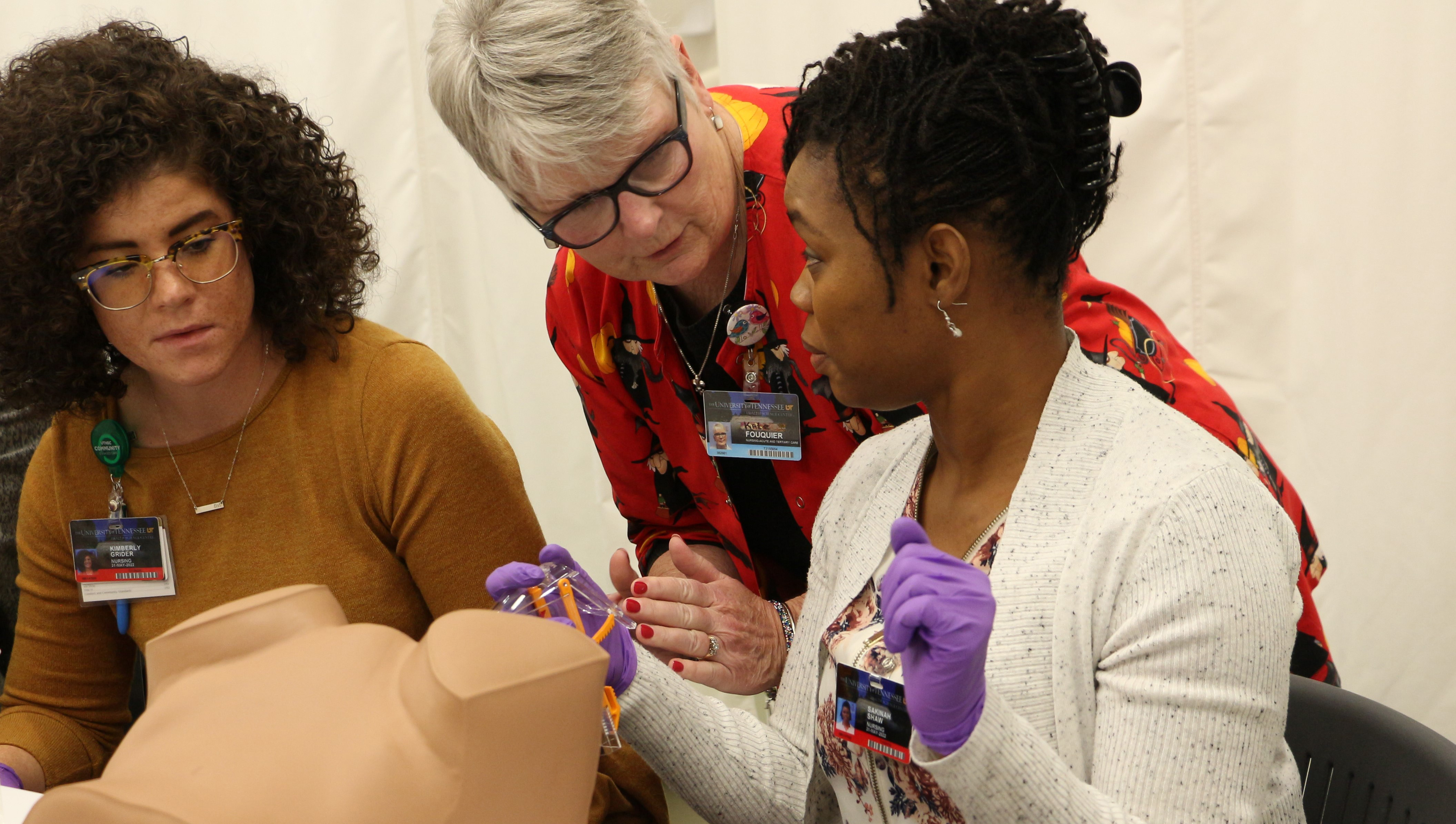DOI
10.21007/con.dnp.2022.0036
Faculty Advisor
Bobby Bellflower, DNSc, NNP-BC, FAANP
Subject Matter Expert
Uche Anani, MD, FAAP
Document Type
Poster
Publication Date
Spring 4-28-2022
Disciplines
Analytical, Diagnostic and Therapeutic Techniques and Equipment | Health and Medical Administration | Health Services Administration | Health Services Research | Investigative Techniques | Maternal and Child Health | Maternal, Child Health and Neonatal Nursing | Medicine and Health Sciences | Nursing | Nursing Administration | Pediatrics | Public Health and Community Nursing
Abstract
Purpose/Background: Infants admitted to the NICU are disproportionately born to low-income families. This, combined with unique financial challenges of their long-term stay, may predispose caregivers to food insecurity (FI). FI among caregivers has far reaching implications for the health of infants who are already vulnerable related to comorbidities from their NICU stay.
Methods: Using the Iowa model to successfully engage key stake holders and begin a small pilot study, a randomized preintervention chart audit was performed (n=30) to evaluate if FI was identified by NICU Social Worker (SW). The FI screening tool was administered by nursing to a separate group of randomly selected families (n=30). If FI was identified, resources were provided to those families to assist with respite from FI. Comparison of the two groups was made to determine if a larger percentage of families were identified as having FI with the screening tool.
Results: The preintervention chart audit identified 36% (n=11) of families with FI. The standardized FI screening tool yielded 40% (n=12) of families with FI. Families who identified as having FI by SW showed that 34.6% of respondents who identified as white had FI and 33% of respondents who identified as Black had FI. Conversely, the FI screening tool showed that 37.5% of respondents who identified as white had FI and 50% of respondents who identified as Black had FI
Implications for Nursing Practice: Screening for FI should become routine practice in the NICU. This in combination with the administration of resources to alleviate FI among caregivers should be considered. Further research needs to be performed to evaluate effectiveness of interventions among families and infants.
Recommended Citation
Coffman, Emily BSN, RN; Caldwell, Fatina BS, BSN, RN, CPN, CPEN; Box, MacKenzie BSN, RN; Anani, Uche MD, FAAP; Fritz, Christin MD, MPH; and Bellflower, Bobby DNSc, NNP-BC, FAANP , "Using a Food Insecurity Screening Tool in the NICU" (2022). Doctor of Nursing Practice Projects. Paper 36. http://dx.doi.org/10.21007/con.dnp.2022.0036.
https://dc.uthsc.edu/dnp/36
Included in
Health and Medical Administration Commons, Health Services Administration Commons, Health Services Research Commons, Investigative Techniques Commons, Maternal and Child Health Commons, Maternal, Child Health and Neonatal Nursing Commons, Nursing Administration Commons, Pediatrics Commons, Public Health and Community Nursing Commons


